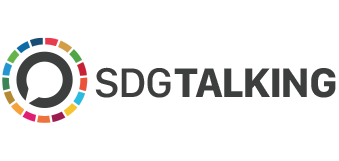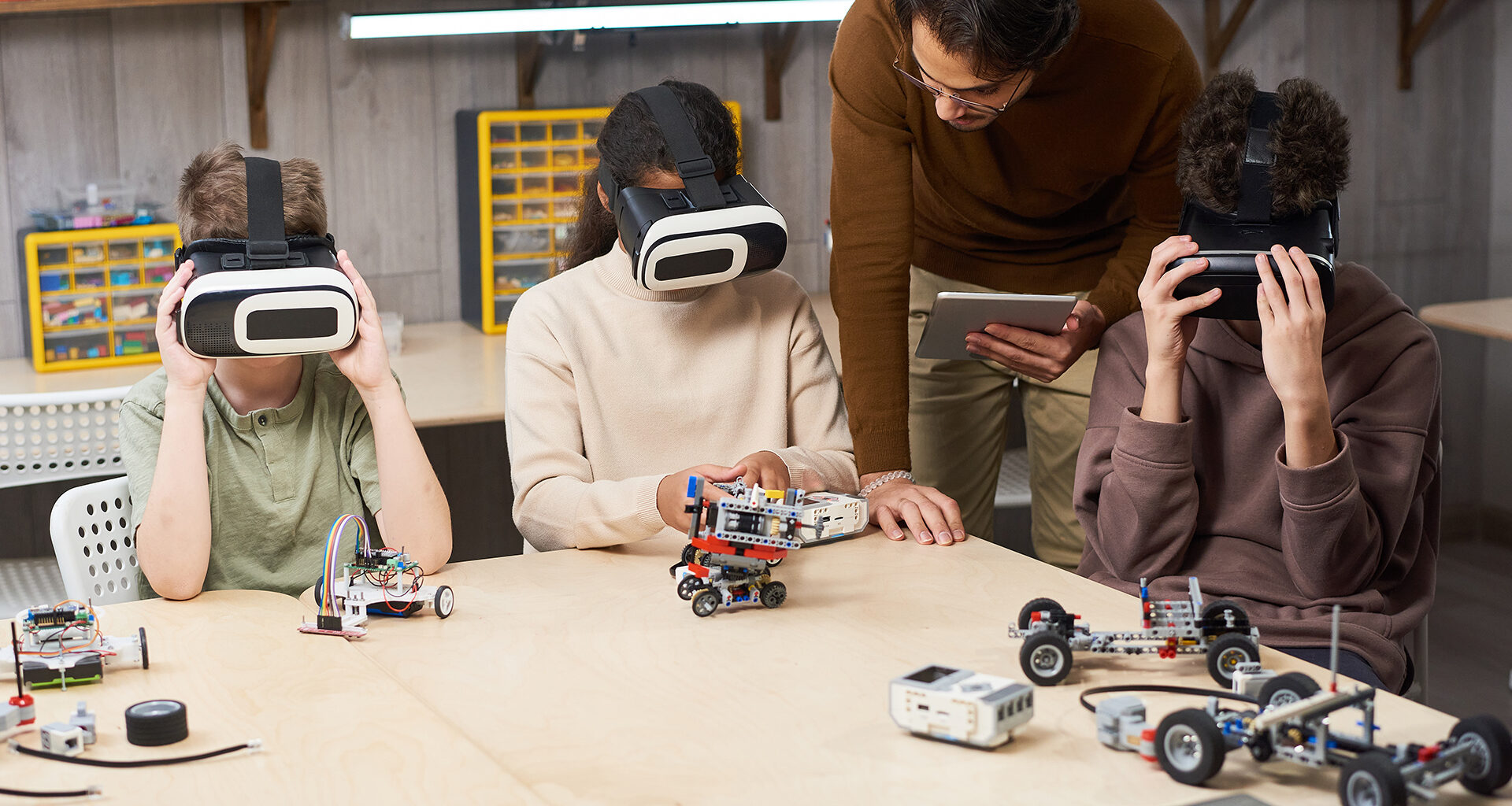In the evolving landscape of education, innovative schools are reimagining traditional teaching methods to prepare students for the challenges of the 21st century. One such approach gaining prominence is project-based learning (PBL), which places students at the center of their learning journey and fosters critical thinking, problem-solving, and creativity.
Project-Based Learning Defined:
Project-based learning is an educational approach that emphasizes hands-on, real-world projects as the primary method for teaching and learning. Rather than passively absorbing information, students actively engage in projects that require them to investigate, collaborate, and apply their knowledge to solve complex problems.
The Principles of Project-Based Learning:
Project-based learning is guided by several key principles:
- Student-Centered: PBL places students in control of their learning, encouraging them to explore topics that interest and motivate them.
- Real-World Relevance: Projects are designed to mirror real-world challenges, allowing students to see the practical applications of their learning.
- Collaboration: PBL promotes collaboration and teamwork, simulating the collaborative nature of many professional environments.
- Critical Thinking: Students are encouraged to think critically, analyze information, and apply their knowledge to solve problems.
- Inquiry and Investigation: PBL projects often begin with a question or problem that students must investigate and answer.
Nurturing Critical Thinking Skills:
Project-based learning is particularly effective at nurturing critical thinking skills:
- Problem Identification: Students learn to identify problems or questions and formulate inquiries to address them.
- Research and Analysis: PBL requires students to conduct research, gather data, and analyze information from various sources.
- Creativity and Innovation: Students are encouraged to think creatively and propose innovative solutions to the problems they encounter.
- Reflection and Evaluation: PBL includes opportunities for students to reflect on their work, evaluate their progress, and make improvements.
The Benefits of Project-Based Learning:
Project-based learning offers numerous benefits to students:
- Deeper Understanding: Students gain a deeper understanding of the subject matter through hands-on exploration and problem-solving.
- Engagement: PBL promotes active engagement, fostering a love for learning and curiosity.
- Preparation for the Real World: PBL equips students with skills and competencies that are highly valued in the workforce, such as critical thinking, collaboration, and adaptability.
- Intrinsic Motivation: Students often find PBL projects intrinsically motivating, as they have a sense of ownership and purpose in their learning.
- Long-Term Retention: Learning through projects enhances long-term retention of knowledge and skills.
Success Stories in Innovative Schools:
Numerous schools around the world have successfully adopted project-based learning:
- High Tech High (San Diego, USA): This network of charter schools emphasizes project-based learning, where students tackle real-world challenges.
- Big Picture Learning: A global network of schools that focuses on personalized, student-centered education through internships and projects.
Challenges and Considerations:
While project-based learning offers significant advantages, it also presents challenges, including the need for teacher training, assessment methods, and curriculum design. Additionally, not all subjects or topics are well-suited to PBL.
A Paradigm Shift in Education:
Innovative schools embracing project-based learning are at the forefront of a paradigm shift in education. They recognize that fostering critical thinking skills and preparing students for the complexities of the modern world require a departure from traditional teaching methods. As project-based learning continues to gain momentum, it holds the promise of nurturing a generation of thinkers, problem solvers, and innovators ready to meet the challenges of the future.



 UN
UN 


